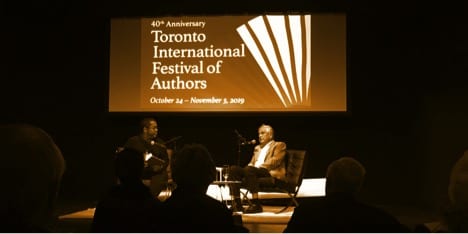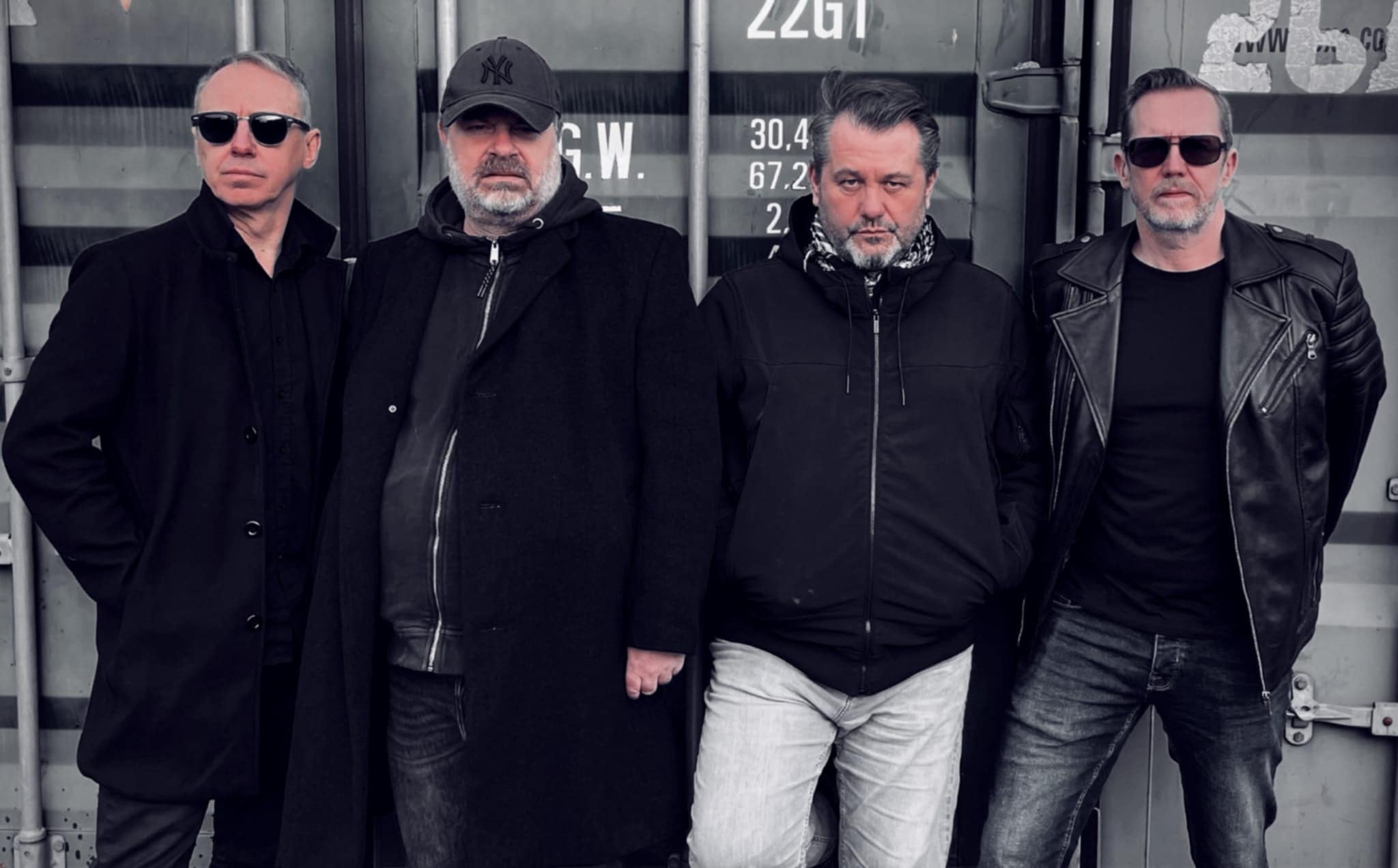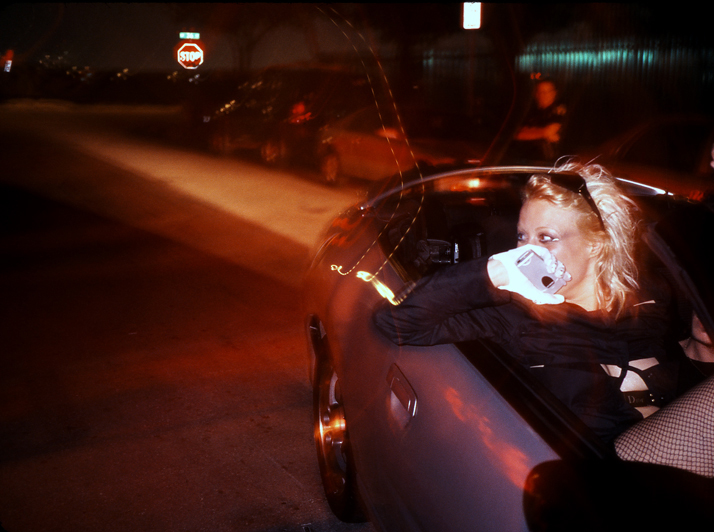Frido Mann (Right) interviewed by André Alexis at the Toronto International Festival of Authors (Credit: Zak Fleishman)
NEW YORK – It’s not often you find a Nobel Prize in the family collection. Sure, the Curies, with their startling five, may, at this point, practically use them as coasters. But with only 945 other prizes awarded since they were initiated in 1901, you’re about half as likely to win a Nobel than win the jackpot in the New York State Lottery.
Thomas Mann, whose grandson Frido spoke this weekend at the 40th annual Toronto International Festival of Authors, was one of those talented few. Awarded the 1929 Nobel Prize in Literature, he was commended for his work writing sprawling dramas about traumatic family life, especially in his book Buddenbrooks which the Nobel Prize committee referred to as a “classic work of contemporary literature.”
In his own 2018 memoir, The White House of Exile, Frido documents his memories of his grandfather’s life, beginning in California, where his grandfather had escaped before the start of the Second World War.
In swift, light prose, Frido spoke of Thomas stern temperament, his equanimity, and his love of music, especially Wagner, and its effect on his constantly changing politics.
Frido described how, rather than fall in line with Wagner’s intense support of Germany during the war, his grandfather staged a rebellion through his novels and through the radio waves of the BBC, becoming one of few German intellectuals to speak openly against Hitler.
And it’s this incisive exchange of ideas that Frido suggests should be the takeaway from Thomas’s works.
“The main thing is the equivalence of people, the dignity of human beings. It’s about democracy as a dialogue that seeks to preserve human dignity.”
Frido’s own work with the Thomas Mann House Foundation mirrors that sentiment. There the writer’s estate sponsors intellectuals studying humanity, including anthropologists, sociologists, psychologists, and journalists to, according to the foundation website, lecture and discuss “contemporary issues relevant to both shores of the Atlantic.”
It came as some surprise then, when, pausing for applause and scattered cheers of “Right, Right!” from the festival audience following praise of Thomas Mann’s political activism, that Frido stopped short of suggesting his grandfather’s work could have a similar effect on the turmoil in modern American politics.
“Who reads, these days, anything longer than a sentence?” He continued, “It’s not the literature part of Thoman Mann but the political that is the important part.”
The attendees were quick to agree. André Alexis, a novelist tasked with interviewing Frido through the remainder of the event suggested, “Just to make a cold egotist of a character back then was interesting. Now it is worse than wrong. It is boring.”
Frido was not without hope, however. Rather than be bogged down in 500-page novels of sprightly prose laden with awards, Frido suggested political action as an effective solution to our current politics.
“In USA and in Europe the young people are protesting in a way that you have to take seriously; protesting in a way that gives me hope.”
What, of course, this means for the future of literature, let alone of the Nobel Prize in literature, Frido did not say, however with the award in 2016 going for the first time to a singer, Bob Dylan, perhaps in this political time the awards have spoken for themselves:
“I’m not sorry for nothin’ I’ve done, I’m glad I fought—I only wish we’d won.”


